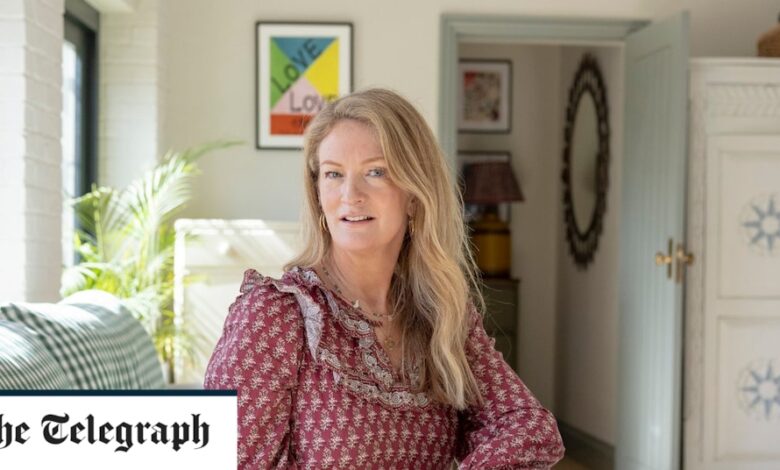I’d never been told to lose weight – until I went to a French wellness resort

The body positivity movement, which celebrates all body types, is undoubtedly a force for good. Born out of social media, it feels like it has finally shifted our view of what a healthy body should look like, challenging weight phobia and liberating people with different sizes, shapes and body types. You need only compare a recent cover of British Vogue, which shows models of every size, shape and age, to a 1990s cover, which featured models a size 8 or smaller, to see how far we’ve come.
A few years ago I wrote a feature for a newspaper, which ran an accompanying picture of me on a paddleboard in a swimming costume and I received a message from an eating-disorder specialist who said I was wrongfully promoting being slim.
In France, there’s nothing woke about the attitude to weight loss however. Pamela Druckerman, the author of the bestselling book French Children Don’t Throw Food is an American living in Paris. She says: “I don’t think the French got the memo that women are beautiful in every size.” She says that slim, size 8 models still adorn every page of French glossy magazines and billboard campaigns, and that she notices a big difference between the eating habits of French and American women.
“The French definitely have smaller portions, they rarely snack between meals, and most women eat fruit for dessert. There is zero prejudice about wanting to be slim.”
So whose attitude to weight is right? Some health experts would argue that body positivity encourages obesity. We all know that obesity levels in the UK are at an all-time high, the highest in Europe. According to the NHS it is estimated that one in every four adults and one in every five children aged 10 to 11 is obese. According to the World Obesity Atlas these figures are set to rise from 23 per cent for men and from 37 per cent for women by 2030. It’s worth noting that obesity is defined as having a body mass index (BMI) as 30 or above, yet many experts argue BMI is not an accurate way of measuring good health.
Either way, the conversation is a very difficult one to navigate. In one corner we are rightly smashing through the ingrained narrative that a size 8 is the ultimate body goal, but in the other, health experts are worried about the serious health risks of obesity.
According to Cancer Research UK, obesity is the second biggest cause of cancer after smoking. Meanwhile, the British Heart Foundation says it contributes to 31,000 heart and circulatory deaths every year and is believed to account for 80 to 85 per cent of the risk of developing Type 2 diabetes.




